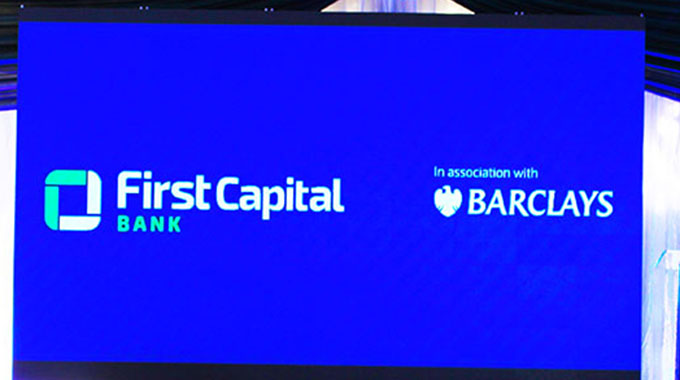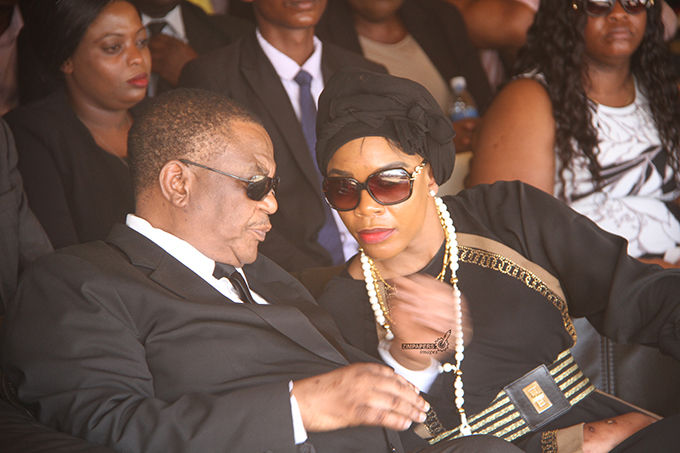First Capital’s revenue up 159 percent

Fradreck Gorwe
Zimbabwe Stock Exchange listed financial institution, First Capital Bank (FCA), recorded 159 percent revenue growth to $315,5 million for the third quarter to September 30, 2019 compared to $121, 8 million posted in the first half of the year.
The surge in total income was achieved despite a constrained operating environment characterised by high inflation and depreciation of the local currency against the US dollar as reported by the company secretary, Violet Mutandwa in the third quarter trading update on Wednesday.
Among other impediments, the bank lamented an increase in the Central Bank’s overnight accommodation rate from 50 to 70 percent, however, with a justified motive to curtail speculative borrowing.
To sustain the increase, FCA had to increase its minimum lending rate to 35 percent.
The rise in inflation and the exchange rate reportedly exerted pressure on the bank’s operating cost base.
Operating costs respectively went up by 151 percent to $116,3 million from $46,4 million in the first half of 2019.
However, operating profit rose to $111,2 million from $68 million recorded in the first half trading period.
Despite pressure on operating costs, the bank had to continue on an upward trajectory with an increase in demand for local currency loans by corporates as well as the bank’s timely reviews on minimum lending rates.
Further, growth in transactional and foreign currency volumes drove the group’s performance northwards.
The injection of additional cash into the market by the Reserve Bank of Zimbabwe apparently benefited the bank, which saw a boost in its deposit base.
The gradual injection of new $2 and $5 dollar notes into the market was, and is part of the Government’s efforts to restore the domestic currency.
“During the third quarter the bank witnessed an increased demand for local currency loans largely from the corporate segment to fund mainly their working capital requirements. With the growth in money supply, we are also seeing a growth in our deposit base.
“The bank’s financial performance continued on an upward trajectory from the first half mainly due to growth in transactional and foreign currency trading volumes combined with increases in transactional prices and loan growth coupled with increases in the minimum lending rate,” said Mr Mutandwa.
Deposits grew by 22 percent to $1, 262 million whilst loans went up by 38 percent to $391 million. The bank’s total balance sheet reportedly rose to $2, 171 million from $1,441 million recorded in the first half, more attributable to “growth in loans, deposits and exchange impact on foreign currency balances.”
Liquidity ratio during the period under review stood at 60 percent, a figure above the 30 percent regulatory minimum. Capital adequacy ratio was 32 percent.
Meanwhile, FCA proactively created room for the introduction of new products through the migration of core banking system and switch in the first quarter of 2019.
This entailed the successful transition from Barclays PLC to First Capital Bank systems in March 2019. The project reportedly covered about 59 applications including the core banking system.
Currently, the group is engaging the Central Bank on its legacy debt position with resolutions to the issue expected at the close of 2019.











Comments